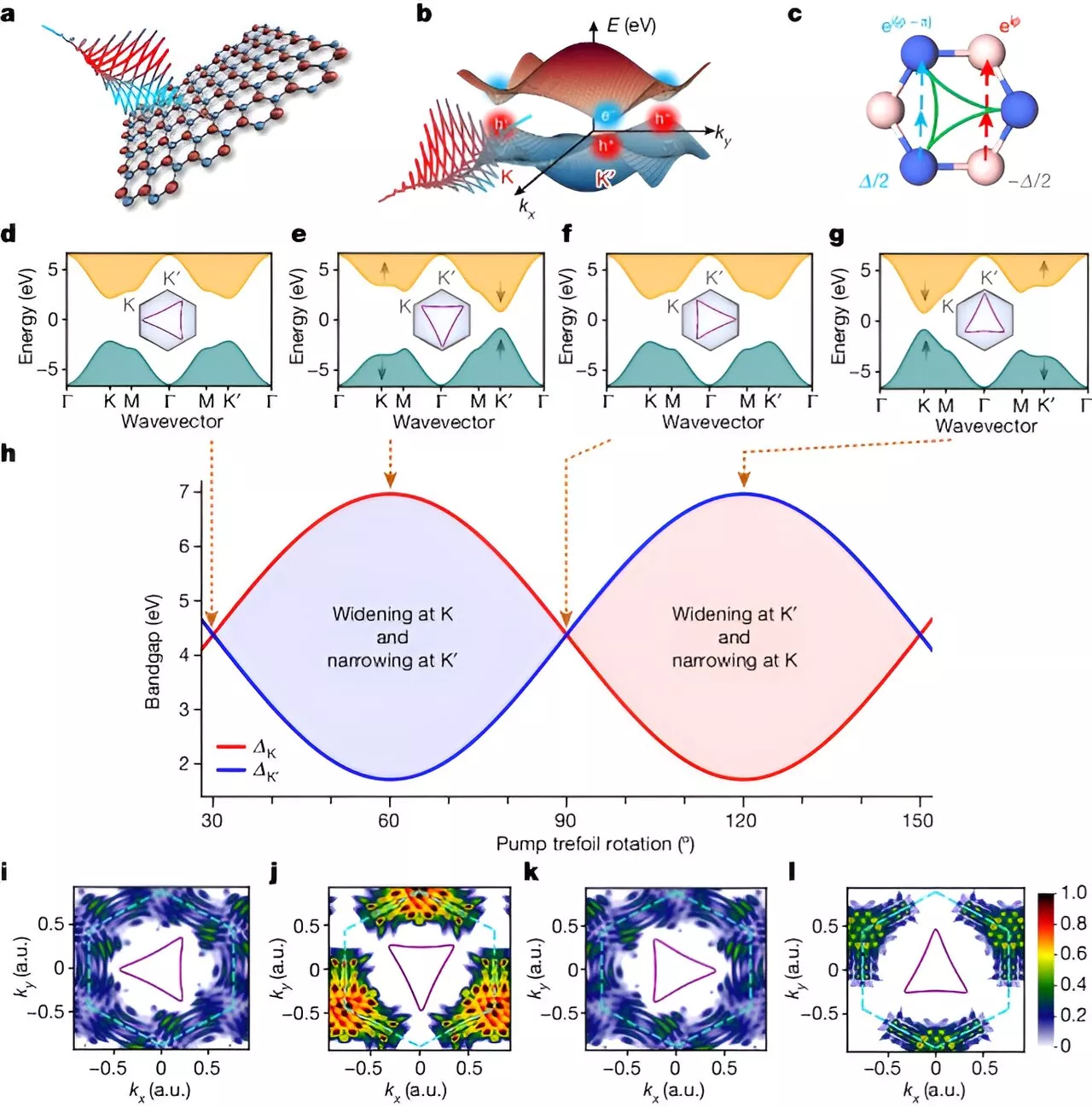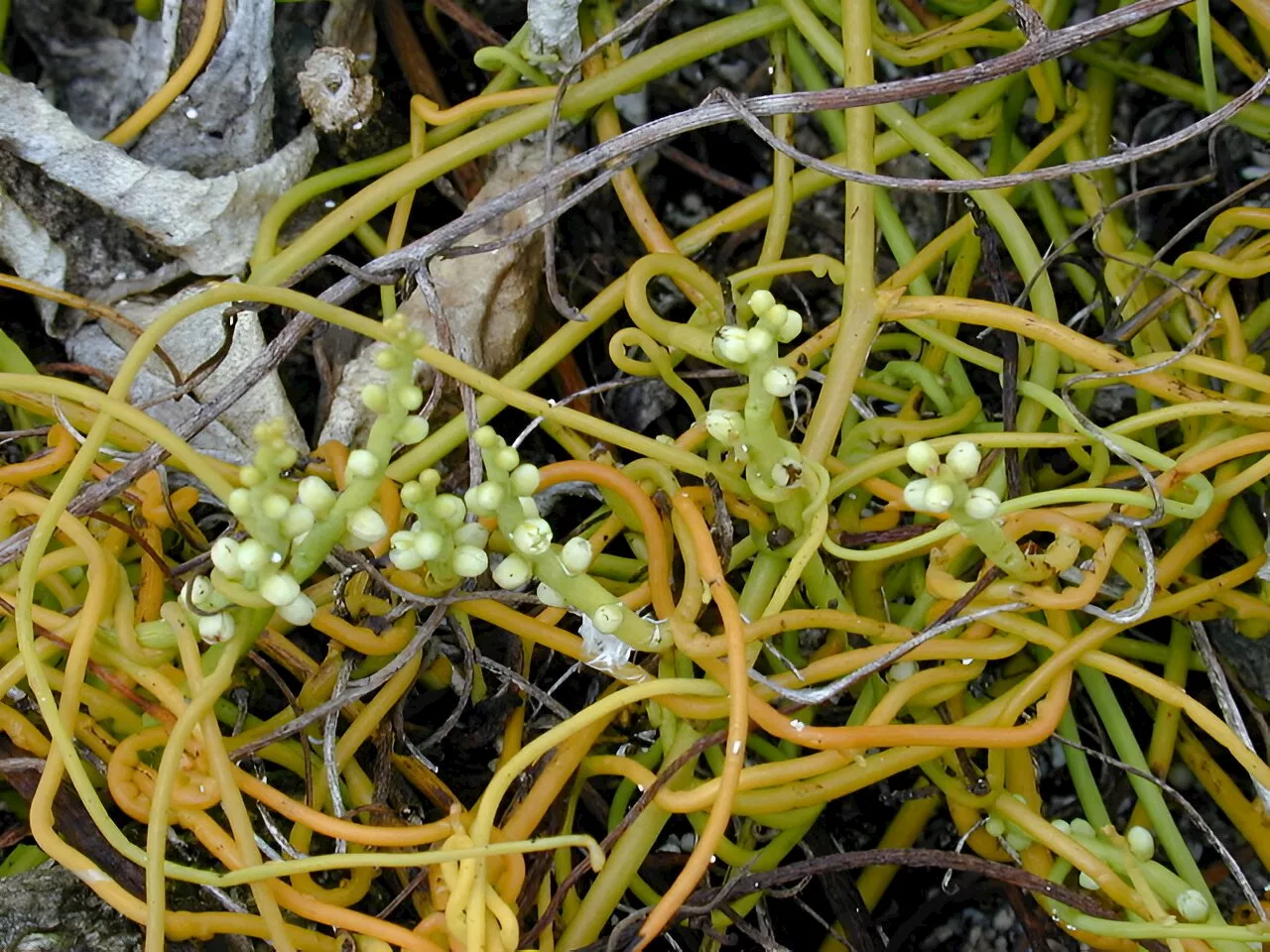Prions are the abnormal, pathogenic agents that are transmissible and are able to induce abnormal folding of specific normal cellular proteins.
Researchers identify drug compounds that can reduce prion protein levels in infected cells retrieved 15 May 2024 from https://phys.org/news/2024-05-drug-compounds-prion-protein-infected.html
This document is subject to copyright. Apart from any fair dealing for the purpose of private study or research, no part may be reproduced without the written permission. The content is provided for information purposes only.Use this form if you have come across a typo, inaccuracy or would like to send an edit request for the content on this page. For general inquiries, please use ourThank you for taking time to provide your feedback to the editors.
Your feedback is important to us. However, we do not guarantee individual replies due to the high volume of messages.to let the recipient know who sent the email. Neither your address nor the recipient's address will be used for any other purpose. The information you enter will appear in your e-mail message and is not retained by Phys.org in any form.Get weekly and/or daily updates delivered to your inbox.
Physics News Science News Technology News Physics Materials Nanotech Technology Science
United States Latest News, United States Headlines
Similar News:You can also read news stories similar to this one that we have collected from other news sources.
 Extreme heat is a problem in Virginia: Researchers want to helpThe summers in Hampton Roads, Va., are hot, but for some residents, swelling temperatures and their impacts can be disproportionately worse.
Extreme heat is a problem in Virginia: Researchers want to helpThe summers in Hampton Roads, Va., are hot, but for some residents, swelling temperatures and their impacts can be disproportionately worse.
Read more »
 Researchers control quantum properties of 2D materials with tailored lightA team of scientists has developed a method that harnesses the structure of light to twist and tweak the properties of quantum materials. Their results, published today in Nature, pave the way for advancements in next generation quantum electronics, quantum computing and information technology.
Researchers control quantum properties of 2D materials with tailored lightA team of scientists has developed a method that harnesses the structure of light to twist and tweak the properties of quantum materials. Their results, published today in Nature, pave the way for advancements in next generation quantum electronics, quantum computing and information technology.
Read more »
 Researchers clarify cryptic differentiation within enigmatic hemiparasitic love vine Cassytha filiformisThe widespread hemiparasitic Lauraceae genus Cassytha currently contains 19 described species, one variety and four forms. This genus is controversial and has not been satisfactorily resolved. Cassytha filiformis is cosmopolitan in tropical and subtropical regions. It is currently the only species reported from China.
Researchers clarify cryptic differentiation within enigmatic hemiparasitic love vine Cassytha filiformisThe widespread hemiparasitic Lauraceae genus Cassytha currently contains 19 described species, one variety and four forms. This genus is controversial and has not been satisfactorily resolved. Cassytha filiformis is cosmopolitan in tropical and subtropical regions. It is currently the only species reported from China.
Read more »
 Researchers discover new clues to how tardigrades can survive intense radiationUniversity of North Carolina at Chapel Hill researchers have discovered that tardigrades—microscopic animals famed for surviving harsh extremes—have an unusual response to radiation.
Researchers discover new clues to how tardigrades can survive intense radiationUniversity of North Carolina at Chapel Hill researchers have discovered that tardigrades—microscopic animals famed for surviving harsh extremes—have an unusual response to radiation.
Read more »
 Researchers Probe Moments of Lucid Clarity Among People With Advanced DementiasLucid episodes are an unexpected occurrence among people with late-stage Alzheimer’s disease and related dementias.
Researchers Probe Moments of Lucid Clarity Among People With Advanced DementiasLucid episodes are an unexpected occurrence among people with late-stage Alzheimer’s disease and related dementias.
Read more »
 Q&A: Researchers discuss how claims of anti-Christian bias can serve as racial dog whistlesIn a speech to a group of religious broadcasters in February, Donald Trump promised to create a task force to counter 'anti-Christian bias,' which he said would investigate the 'discrimination, harassment and persecution against Christians in America.
Q&A: Researchers discuss how claims of anti-Christian bias can serve as racial dog whistlesIn a speech to a group of religious broadcasters in February, Donald Trump promised to create a task force to counter 'anti-Christian bias,' which he said would investigate the 'discrimination, harassment and persecution against Christians in America.
Read more »
